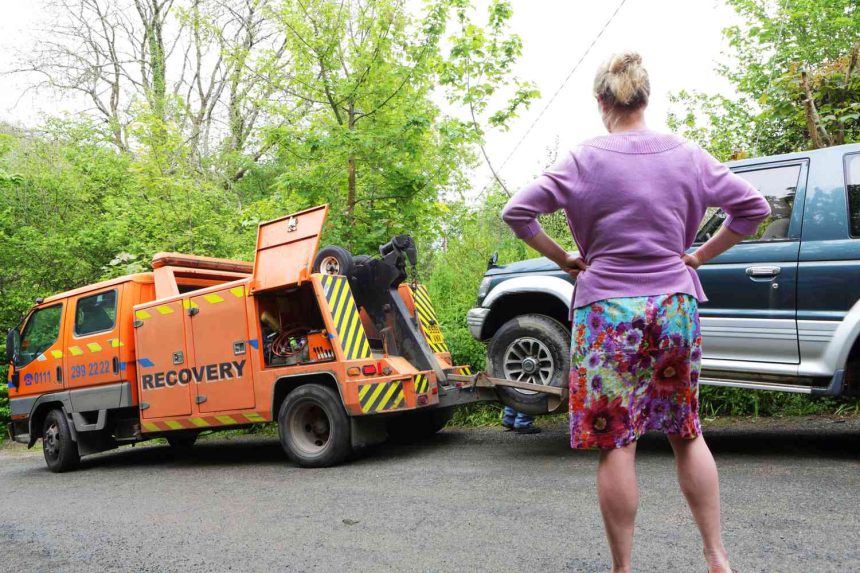Under Mexican law, if a creditor seeks to recover part of a debt with a garnishment, in the event that the person who failed to pay has no assets, it cannot be applied. However, there are some elements that must be reviewed in the conditions under which the credit was signed in order to avoid an unpleasant surprise.
Garnishment is a judicial prevention that is applied as a debt recovery measure when a person has defaulted on payments. The basic principle is that the creditor, based on an order resulting from a legal warrant, may take possession of the assets of the person who defaulted and then auction them and obtain part or all of the loan that was defaulted on.
In some cases, there are third parties that were involved as part of the debt contract or it may happen that a seizure is applied to the debtor’s registered address, and, although it is not his property, the assets are taken.
What happens if there are more people related to the debt?
For many types of credit, financial institutions require a guarantor or joint obligor. According to the Comisión Nacional para la Protección y Defensa de los Usuarios de los Servicios Financieros (Condusef), a guarantor is a natural or legal person who ensures that the debt will be paid off. A joint obligor, on the other hand, appears in cases where there are more than two people in a contract and both are obligated to settle the debt.
In both cases, if one person has stopped paying and a seizure is determined, this could be applied to the guarantor or the joint obligor. In that sense, it is very important to know the terms of the contracts to determine if there are other persons that could be affected by a legal garnishment order.
In the same sense, if on any occasion you agreed to act as guarantor or joint obligor, you should be aware that there are implications that could affect your assets in the event that the person who asked you to participate as “backer” of a loan has stopped paying.
Can the assets of a house be seized even if it is not owned by the debtor?
Sometimes, when a foreclosure is approved, the authority can access the property that was left as a domicile, even if what is inside is not the property of the affected loan holder.
In this case, the affected parties may resort to a legal measure called “Tercerías Excluyentes de Dominio”, under which, according to the Supreme Court of Justice of the Nation, the affected parties may argue that they have nothing to do with the debt and recover the property that was seized from their domicile.
In view of the above scenarios, it is very important to maintain close communication between family, friends or others involved in a debt so that they know what the economic situation is throughout the life of the loan.
In case of problems in the ability to pay, notify them immediately before taking legal measures as decisive as foreclosure.
Avoid over-indebtedness!
Although any person may face problems in meeting their financial commitments at any time due to eventualities, decrease in income or unemployment, the main recommendation is to seek solutions at the first moment when there are complications to continue paying on a regular basis.
Unfortunately, many people let debts grow until they become unpayable, or look for other loans to pay where they are already behind and it becomes a never-ending problem.
If there are already signs in your pocket that your finances are not enough to keep up with your debts, you can seek the help of professionals where a credit repair company can design a scheme according to your possibilities and avoid major issues such as foreclosures.


